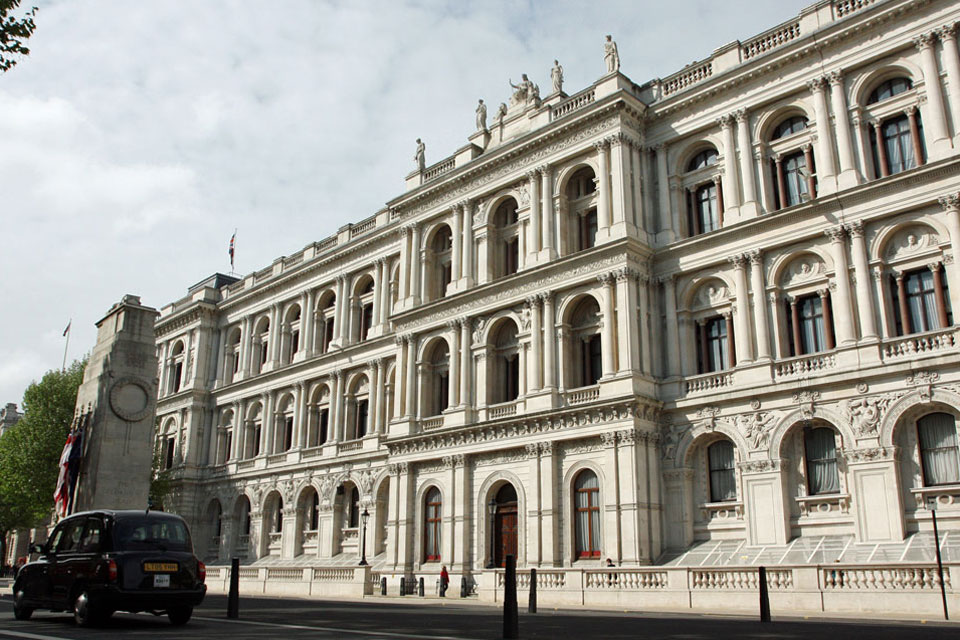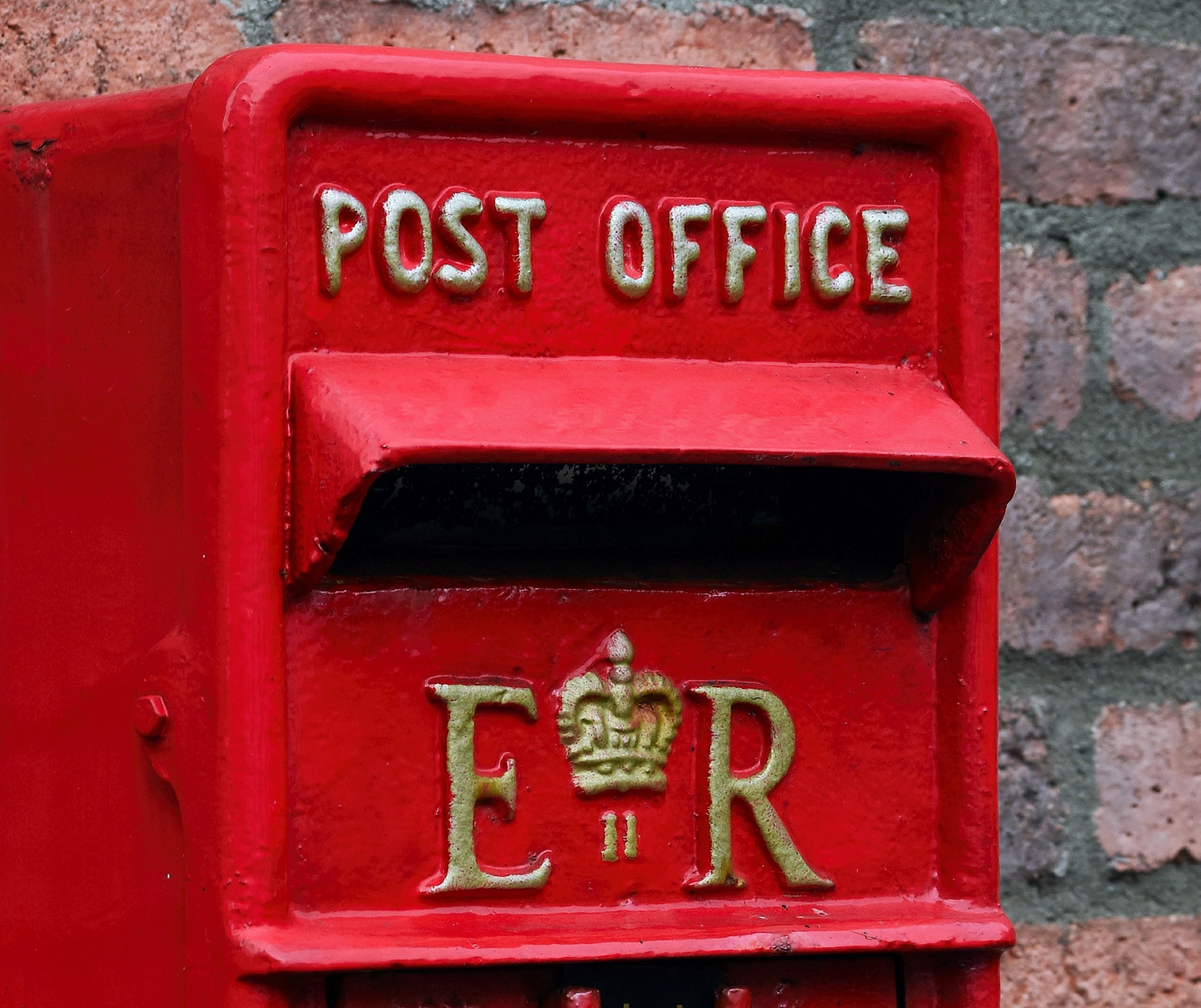Members of group convened to advise ministers and officials include representatives of Good Things Foundation and Age UK, as well as local authorities in Sunderland and Leeds and the BBC
The government has confirmed the appointment of 10 external experts to serve on an advisory body to help tackle digital exclusion across the UK.
At the start of this year, government announced that Baroness Hilary Armstrong – a Labour peer and former cabinet minister during Tony Blair’s premiership – would chair the newly created Digital Inclusion Action Committee (DIAC).
The committee has been established as “an external advisory body that will work closely with the Department for Science, Innovation and Technology… to scrutinise, steer and help determine the work of the government in reducing digital exclusion in every part of the UK”.
Six months on from the appointment of its chair, DIAC has now announced 10 people from across the public, third, and commercial sectors that will constitute the core committee:
- Caroline Abrahams, Age UK
- Natalie Ceeney, Cash Access UK
- Helen Milner and Emma Stone (shared role), Good Things Foundation
- Simeon Yates, University of Liverpool
- Jocelle Lovell, Cwmpas Cooperative
- Jason Tutin, 100% Digital Leeds, Leeds City Council
- Patrick Melia, Sunderland City Council
- Antony Walker, Tech UK
- Helen Burrows, BBC
These members will also soon be split across three specialised sub-committees, respectively focused on: industry leadership and partnership; local delivery; and inclusive digital services. Details of which individuals will be appointed to each of these dedicated groups will be announced shortly.
In the meantime, the joint representatives from Good Things Foundation welcomed their appoint to the committee.
Helen Milner OBE, chief executive of the digital inclusion charity, said: “Digital exclusion remains one of the UK’s most urgent inequalities. I’m honoured to bring our national insight and community experience to this important work and to help ensure the government’s strategy reaches everyone.”
Dr. Emma Stone, director of evidence and engagement, added: “We must base our digital future on evidence, equity, and lived experience. I’m proud to join the committee to help shape inclusive systems that work for people who are too often left behind.”
According to the committee’s GOV.UK page, in the months and years ahead, DIAC’s duties will include the provision of “strategic advice on the delivery and effectiveness of the Digital Inclusion Action Plan” published by government in February.
The expert advisory collective will also be expected to help ministers and officials “identify systemic barriers to digital inclusion and propose actionable solutions, particularly for underserved groups such as disabled individuals, older people, and low-income households”.
The committee’s role will further encompass work to “advise on securing and maintaining equitable digital access to public services across society”, as well as efforts to “promote collaboration between government, industry, and the third sector to build and maintain national momentum on digital inclusion work”.
DIAC will also play a key role in helping to “monitor progress on digital inclusion and ensure accountability through regular reporting and stakeholder engagement”.
Since the election last summer, Labour’s choice for minister for data protection and telecoms, Chris Bryant – whose brief covers digital inclusion – has regularly spoken out about the “scandal” of the previous government’s failure to create a new dedicated strategy to tackle the issue since 2014.




